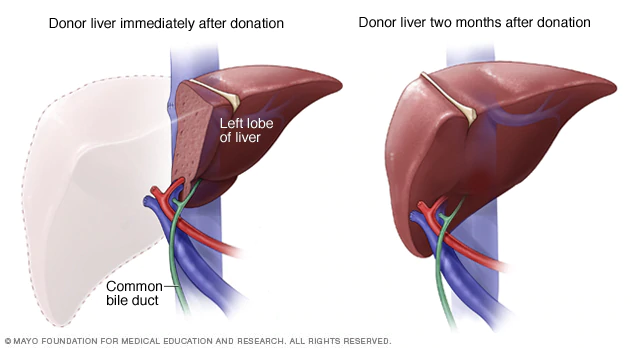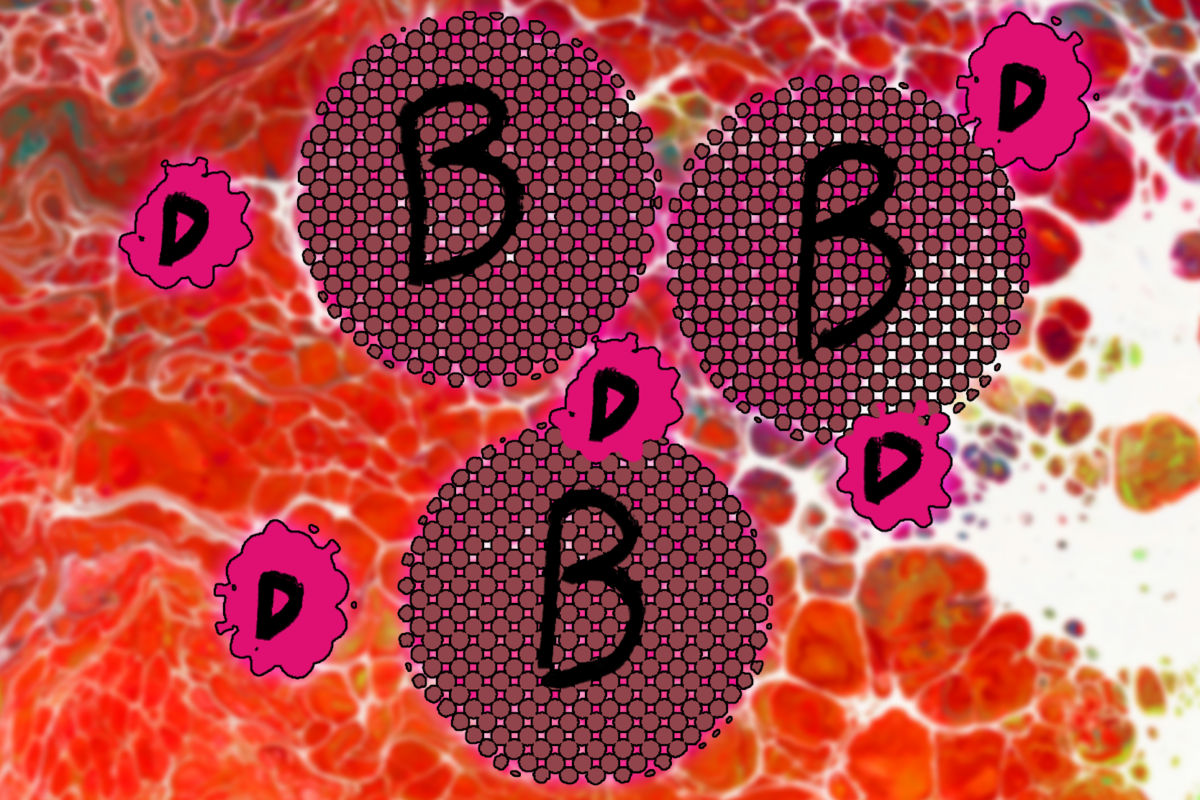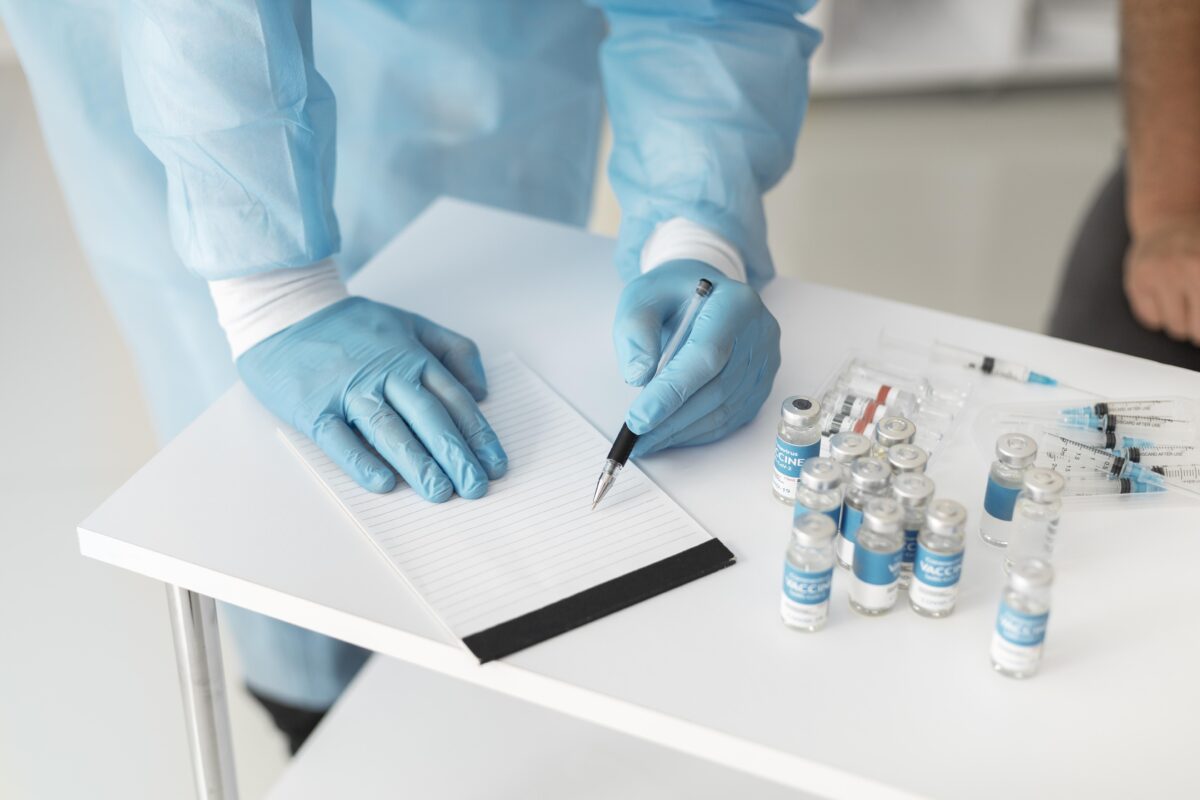Of all the body’s organs, the liver has the greatest power to regenerate itself.
Liver cell replacement and regeneration are vital functions that keep us feeling well and also maintain healthy metabolic activity. Some have suggested this is even the origin of the myth of Prometheus, whose liver was pecked out by an eagle each day, only to regrow each night.

It is only in cases of extreme damage that this ability fails, and a liver transplant becomes necessary. The liver’s self-repair is so effective that, when transplanting a liver from a larger to a smaller person (or from an adult to a child), a large amount of the organ can even be cut off before the transplant with the knowledge that the organ will repair itself in its new home.

What has not been known is whether this ability to self-repair deteriorates with age. One study in rodents estimated the age of all the animals’ liver cells to be between 200 and 400 days, no matter the age of the animal itself. However, as ever, this sort of study is not a very good guide to how the bodies of humans work.
But now a new study published in the journal Cell Systems, in May this year, has shown that age does not slow down the liver’s regeneration. Instead, the self-repairing abilities stays consistent throughout a person’s lifetime. This means that, whether you’re 15 or 90 years old, your liver is usually around three years old, having completely recreated itself a number of times.
Lead researcher, Dr Olaf Bergman, of the Center for Regenerative Therapies in Dresden, explained that “while some studies pointed to the possibility that liver cells are long-lived, […] others showed a constant turnover. It was clear to us that if we want to know what happens in humans, we need to find a way to directly assess the age of human liver cells.”
During the study, Bergmann and his team of researchers used a technique called retrospective radiocarbon birth dating to determine the age of livers in a number of people who had died between the ages of 20 and 84. In each of them, liver cells were consistently aged around the 3-year mark, no matter the age of the person.
The study did find that a small percentage of cells can live up to 10 years before renewing themselves. Dr Bergman suggested that this could potentially be a protective feature. When cells replicate rapidly–as they do in a fast-spreading bacterium or virus, for example–there is a significantly increased risk of mutation due to “spelling errors” possibly being introduced in the cell’s genetic code each time it is copied and reproduced. The long-lived liver cells seem to be those which carry more DNA information, and so this slower rate of change could prevent harmful mutations leading to problems like cancer.
The study can be read here.
Last updated 28 October 2025
More from:
Enjoyed this article? Subscribe to be notified whenever we publish new stories.
Subscribe for Updates





